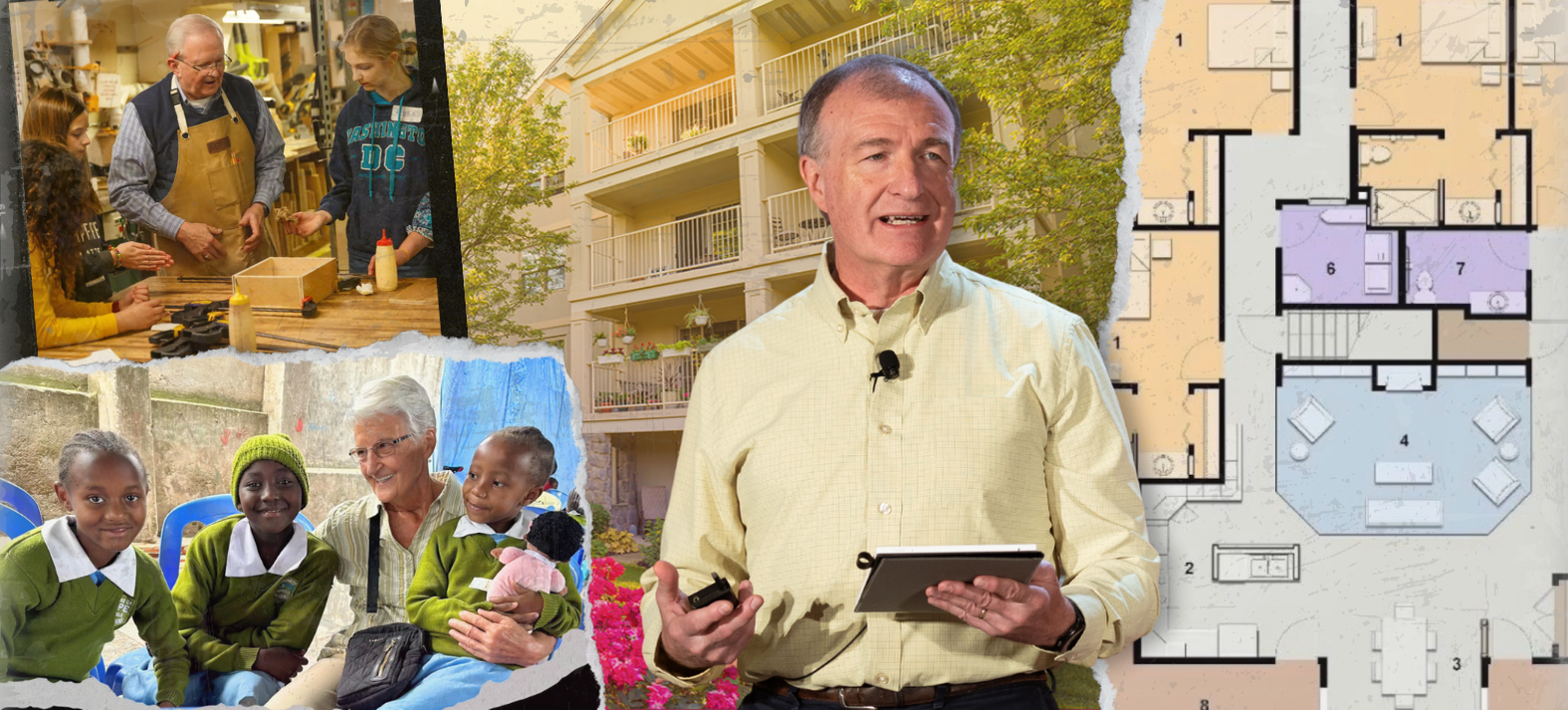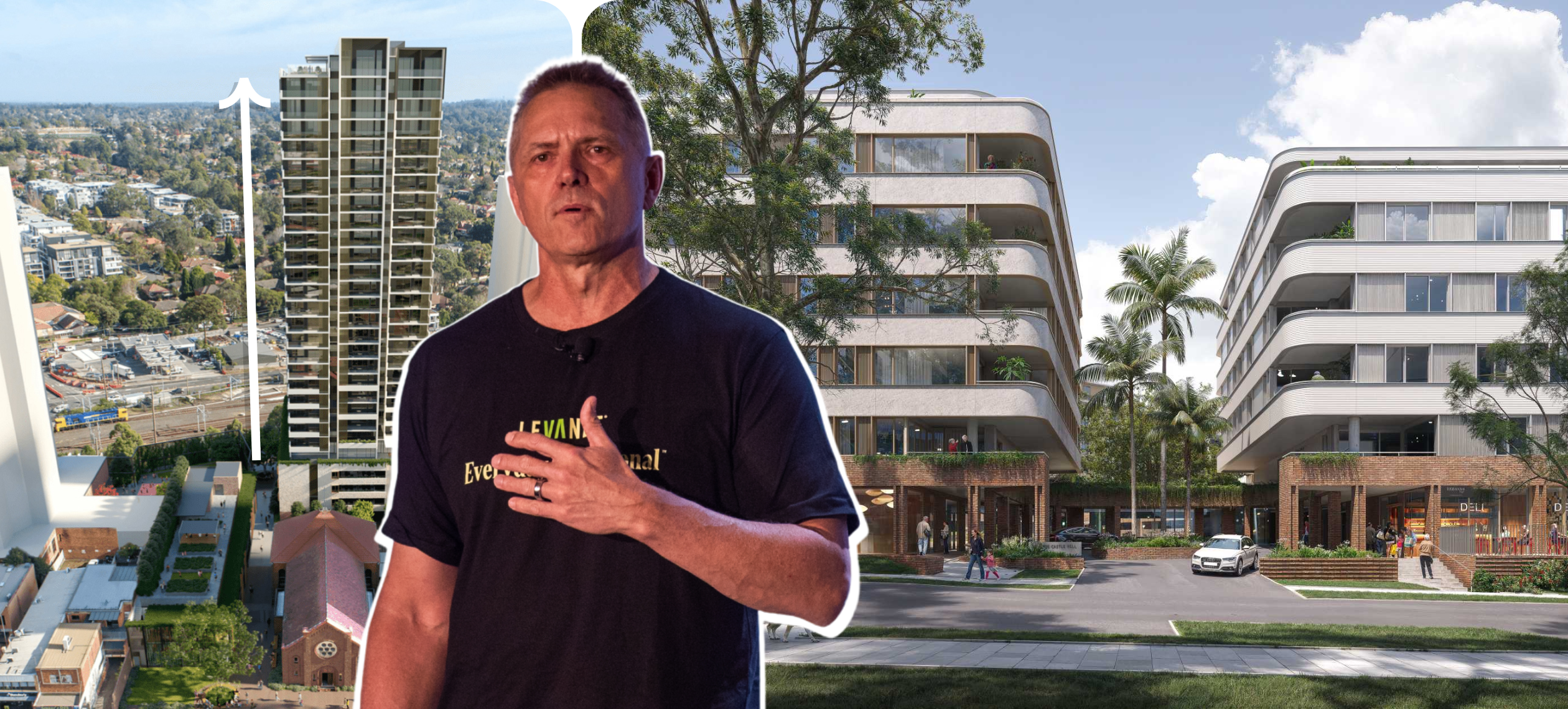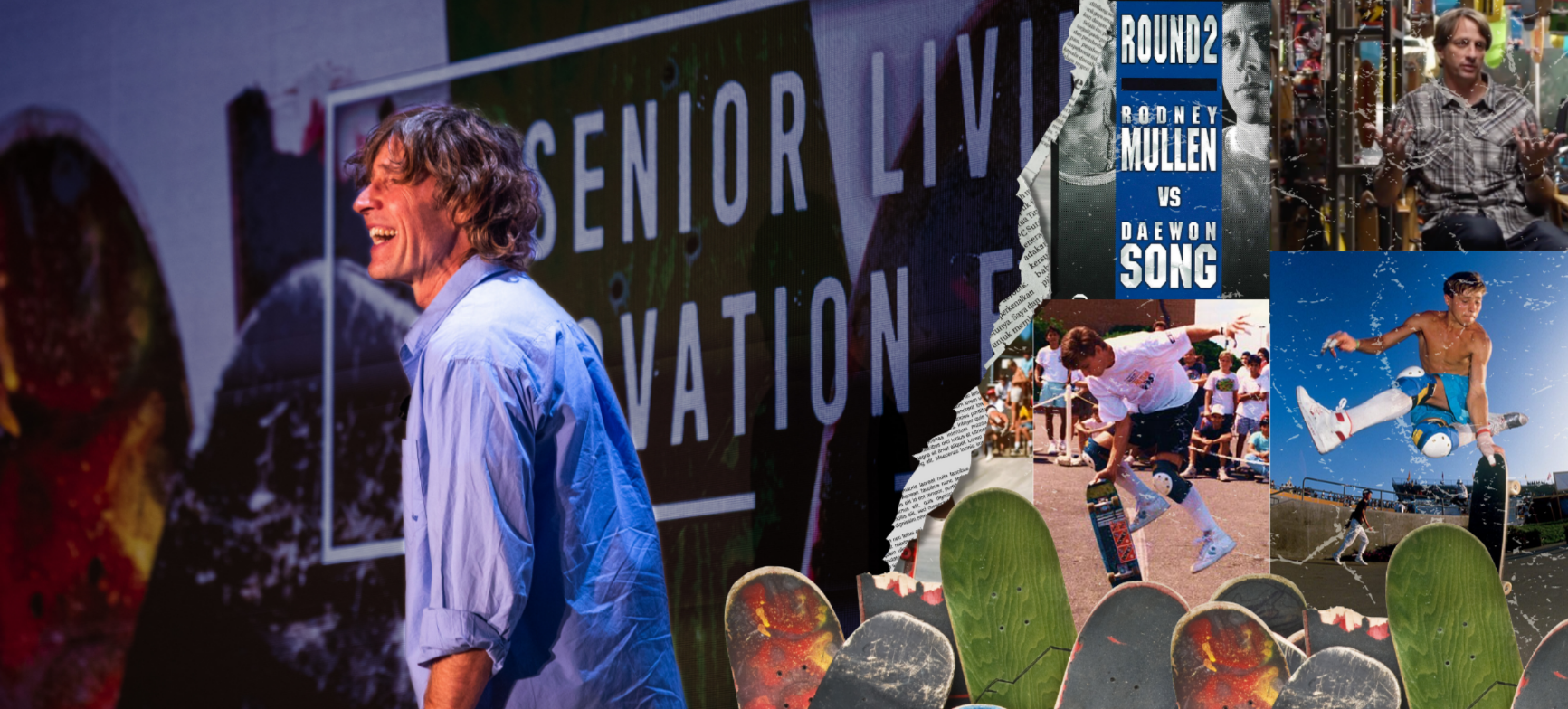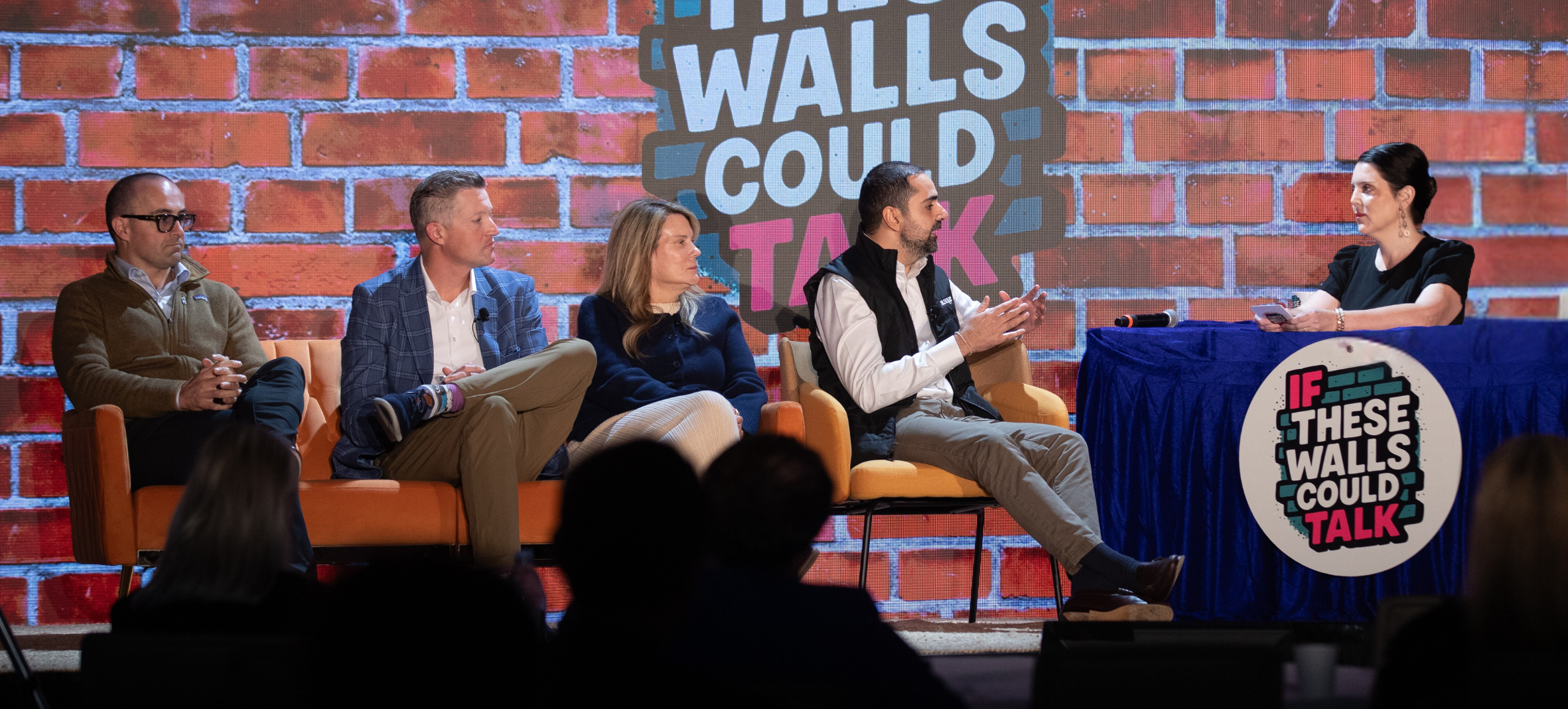Bernie Marshall's neighbors at Garden Spot Village thought he was antisocial. While they played bridge and attended craft sessions, Bernie stayed in his apartment with a strange collection: notebooks stacked beside his recliner. What they didn't understand was that Bernie was running the most important program their community had never heard of.
Each notebook held the name of a man Bernie was mentoring. Some were young pastors struggling with burnout. Most were men recently released from prison. While his neighbors enjoyed traditional retirement activities, Bernie was doing something revolutionary—he was being an elder in the truest sense of the word.
At the Senior Living Innovation Forum, Steve Lindsey, CEO of Garden Spot Communities, used Bernie's story to deliver a challenge that should reshape how we think about our entire industry: What if we've built a business model around the wrong definition of aging?
The Great Demotion
Lindsey's challenge cuts to the heart of a massive cultural shift we've largely ignored. America committed cultural malpractice sometime during the Industrial Revolution. We stripped elders of their historic role as wisdom keepers and relegated them to what Lindsey calls "that disempowered state that we now know as normal old age."
The numbers tell the story of our failure. According to Stanford's Center on Longevity, America transformed from one of the world's most age-integrated cultures at the start of the 20th century to the most age-segregated by its end. We now seek wisdom from TikTok posts instead of lived experience. Our influencers stopped looking like sages and started looking like teenagers taking selfies.
As senior living CEOs, we've unknowingly become architects of this segregation—building beautiful communities that inadvertently signal that contribution ends at our front doors.
The Crucial Question
A Tanzanian elder posed the question that should haunt our industry: "How is it that a people who are so technologically advanced... have not figured out how to create a meaningful role for older people?"
It's a question that exposes the fundamental flaw in our value proposition. We've become experts at managing decline instead of catalyzing contribution.
Redefining the Product
The breakthrough came through an unexpected conversation with Harley Eagle, a Dakota Tribe member who shattered Lindsey's assumptions about aging. "Not all of our people become elders as they age," Eagle explained. "A lot of our folks just get old and cranky... The elders are the ones who've taken the time to learn the stories of our people, who've done the work to harvest the wisdom from their own lives. And then most importantly, the elders are the ones who actively work to share all of that with younger generations."
This isn't about age—it's about intentionality. It's the difference between writing a memoir and extracting transferable wisdom from life's crucible.
The Wisdom Project: From Theory to ROI
Garden Spot Communities operationalized this vision through The Wisdom Project, developed in collaboration with Elizabethtown College and later expanded to Ursinus College. The program features two phases:
Phase 1: Eight months of guided wisdom harvesting for older adults through writing assignments, reading, group discussions, and focused monthly themes that help participants understand their stories and extract life lessons.
Phase 2: Pairing these "new elders" with college freshmen in an elective class, creating intergenerational learning experiences.
The results deliver both social impact and strategic differentiation. Students consistently report that their primary takeaway isn't academic—it's existential: "I'm going to be okay." In a generation drowning in anxiety, elders are providing the life preserver of resilience.
One student, Anna, captured the transformation: "I think our world can change if we engaged in conversation more often with the elderly and let them provide their wisdom to us all."
Beyond Programming: The Housing Innovation
Understanding that purpose-driven aging starts with housing security, Garden Spot created Cooperative Living—an affordable housing model built without government subsidies. Five residents share a house with sliding-scale, month-to-month rent that covers all needs. It's a "mashup of a sorority house, Golden Girls, and a barn raising," addressing both affordability and isolation simultaneously.
The Market Opportunity
This isn't just feel-good programming—it's strategic positioning for an industry facing unprecedented challenges. As we struggle with workforce shortages, community integration, and residents seeking purpose-driven aging, the organizations that can transform from warehouses to wisdom hubs will capture both market share and meaning.
The choice is clear: We can continue perfecting the art of managing decline, or we can spark a revolution that positions our communities as launching pads for life's climactic chapter.
Bernie Marshall chose revolution from his recliner. The question for our industry is whether we have the vision to scale his example—and the courage to redefine what growing older in America can become.
Watch Steve Lindsey's SLIF talk below…

Posted by
SLIF heads to Carlsbad!
The One of a Kind Retreat for Senior Housing Leaders.
May 31 - June 2, 2026 | Carlsbad, CA
Learn More









Comments